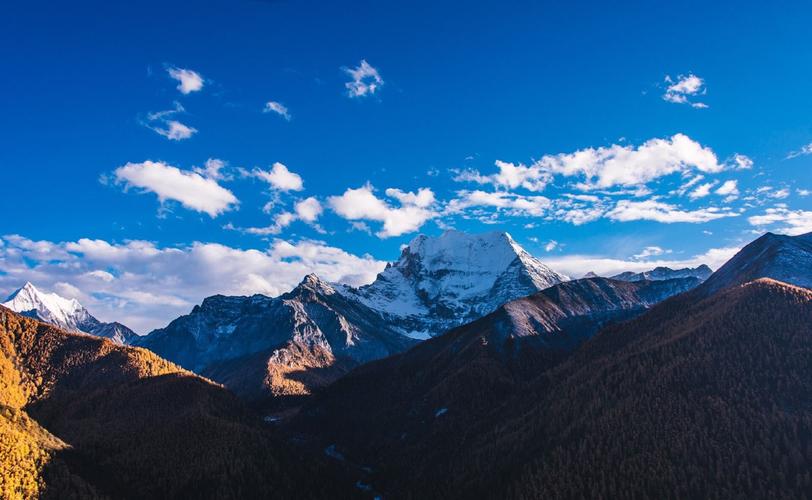Exploring the Cataclysmic Myths of Ancient Cultures
The ancient stories that have been passed down through generations have always fascinated us with their tales of heroism, love, and conquest. However, there is one type of story that seems to manifest in cultures across the globe -accounts of cataclysmic events that are said to have reshaped the world as we know it.
From the Great Flood in Christianity to Ragnarok in Norse mythology, these myths all share a common theme – the world ends in an apocalyptic event. But is there any truth to these stories? Let’s take a closer look at some of the cataclysmic myths from ancient cultures.
The Great Flood
One of the most famous cataclysmic myths comes from the story of Noah’s Ark in the Bible. According to the story, God sends a great flood to destroy the earth, but saves Noah and his family by instructing him to build an ark.
While there is no direct geological evidence to support the claim of a worldwide flood, some researchers have found evidence of a catastrophic deluge in ancient Mesopotamia around 3000 BCE. This has led some scholars to suggest that the biblical flood story was inspired by this event.
Ragnarok in Norse Mythology
In Norse mythology, Ragnarok is the end of the world – a great battle between the gods and the giants that results in the destruction of everything. Eventually, a new world rises from the ashes of the old.
Interestingly, some scientists have suggested that a volcanic eruption in Iceland around 1000 CE could have inspired this myth. The eruption was so massive that it may have created a “volcanic winter” that impacted the entire Northern Hemisphere, leading to crop failures and widespread hunger.
Zoroastrianism and the Final Battle
Zoroastrianism, one of the world’s oldest religions, also has a cataclysmic myth that speaks of a final battle between good and evil that will result in the destruction of the world. Like other cataclysmic myths, this one also has ties to real-world events.
It’s believed that the ancient Persians who practiced Zoroastrianism likely witnessed the devastation caused by a volcanic eruption in the Mediterranean around 1500 BCE. This event, combined with the ongoing conflicts between the Persians and Mesopotamians, could have inspired the story of the final battle.
The Takeaway
While the accuracy of these cataclysmic myths cannot be proven, it’s clear that they arise from real-world events and experiences. Whether inspired by volcanic eruptions, floods, or other natural disasters, these stories offer a window into how ancient cultures tried to make sense of the chaotic events they witnessed around them.
What we can learn from these myths is that even in the face of unimaginable destruction, humanity always finds a way to keep moving forward and rebuilding. It’s a reminder that no matter how dire the situation, there’s always hope for a new beginning.
(Note: Do you have knowledge or insights to share? Unlock new opportunities and expand your reach by joining our authors team. Click Registration to join us and share your expertise with our readers.)
Speech tips:
Please note that any statements involving politics will not be approved.
